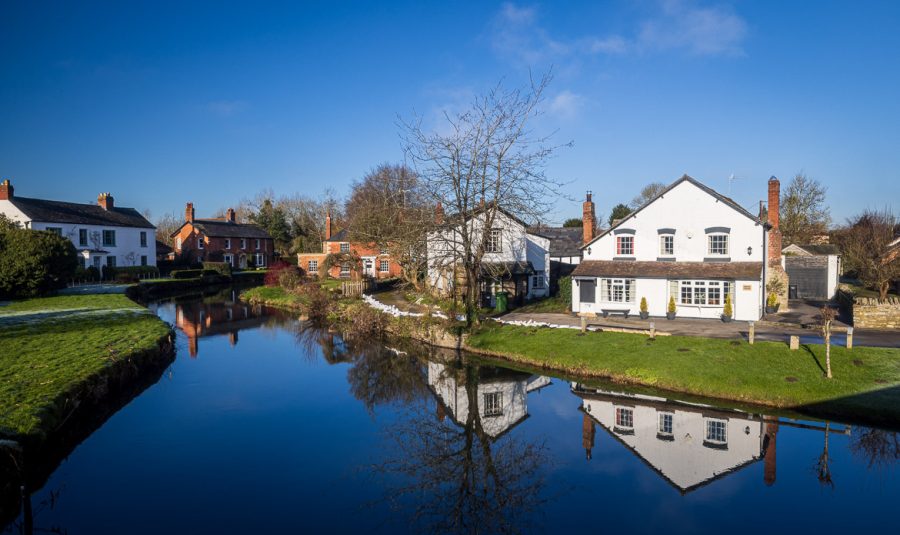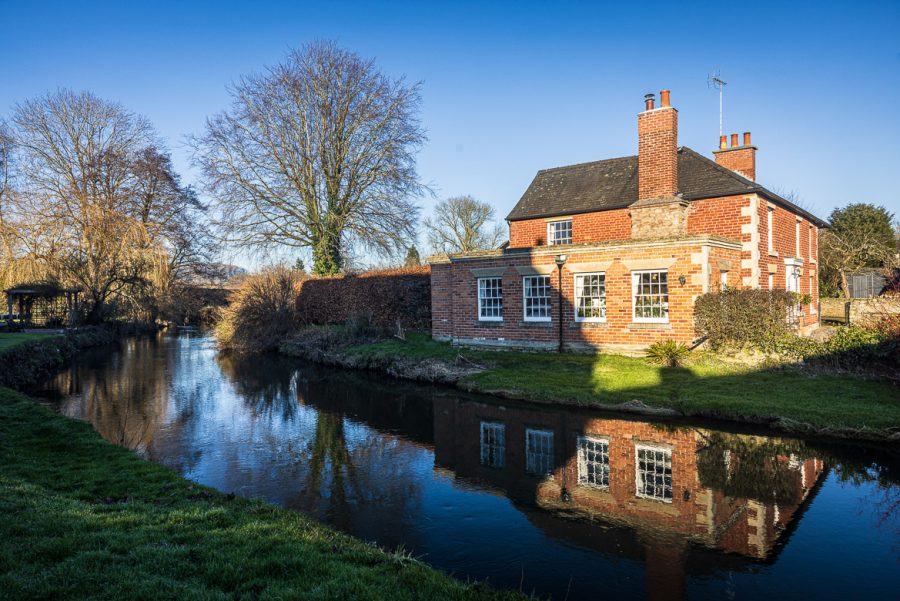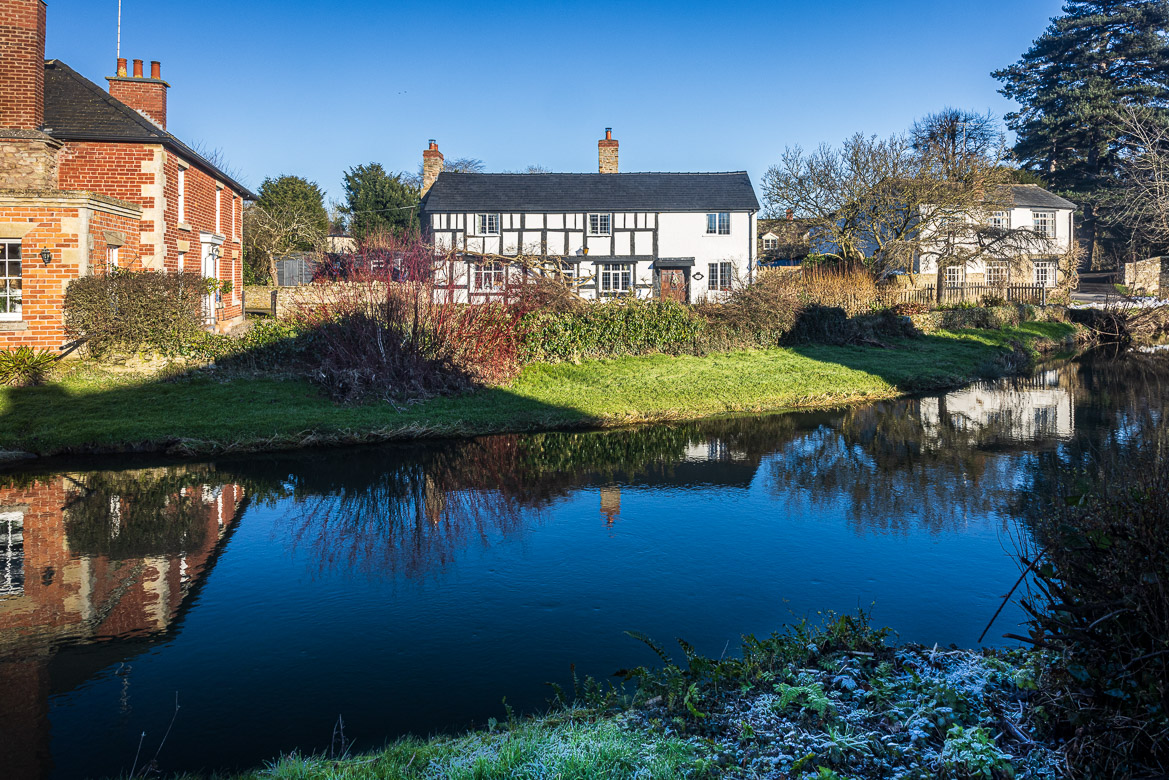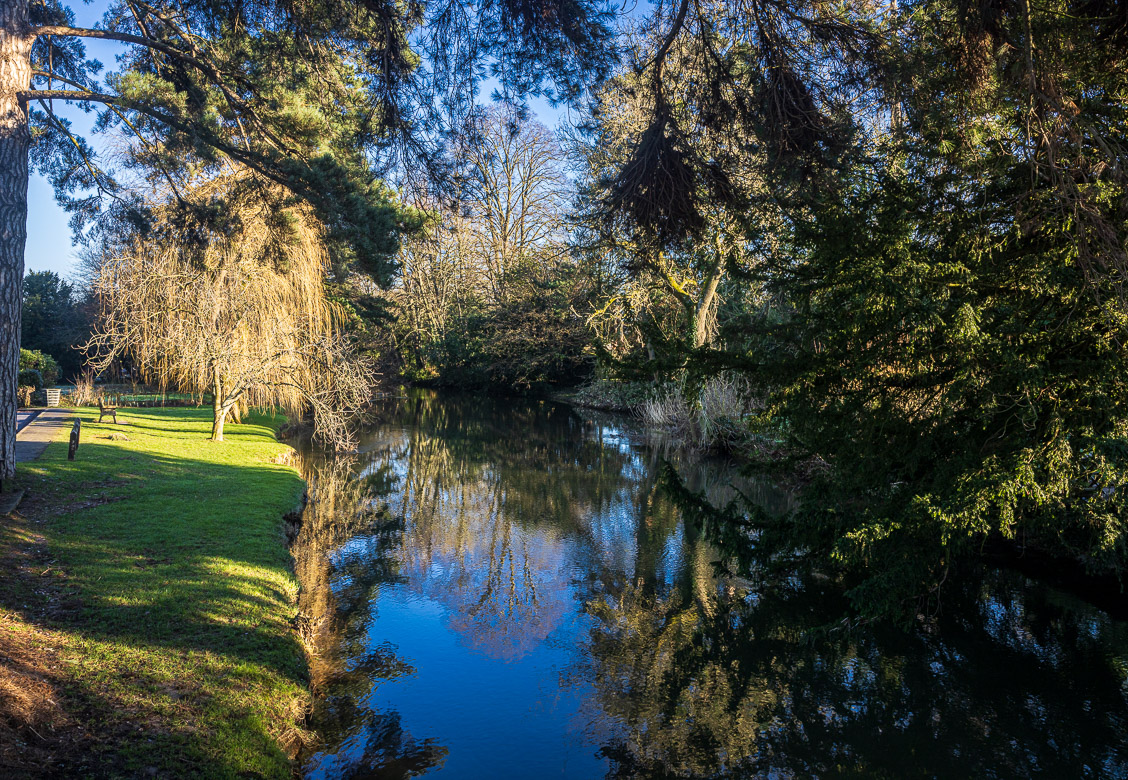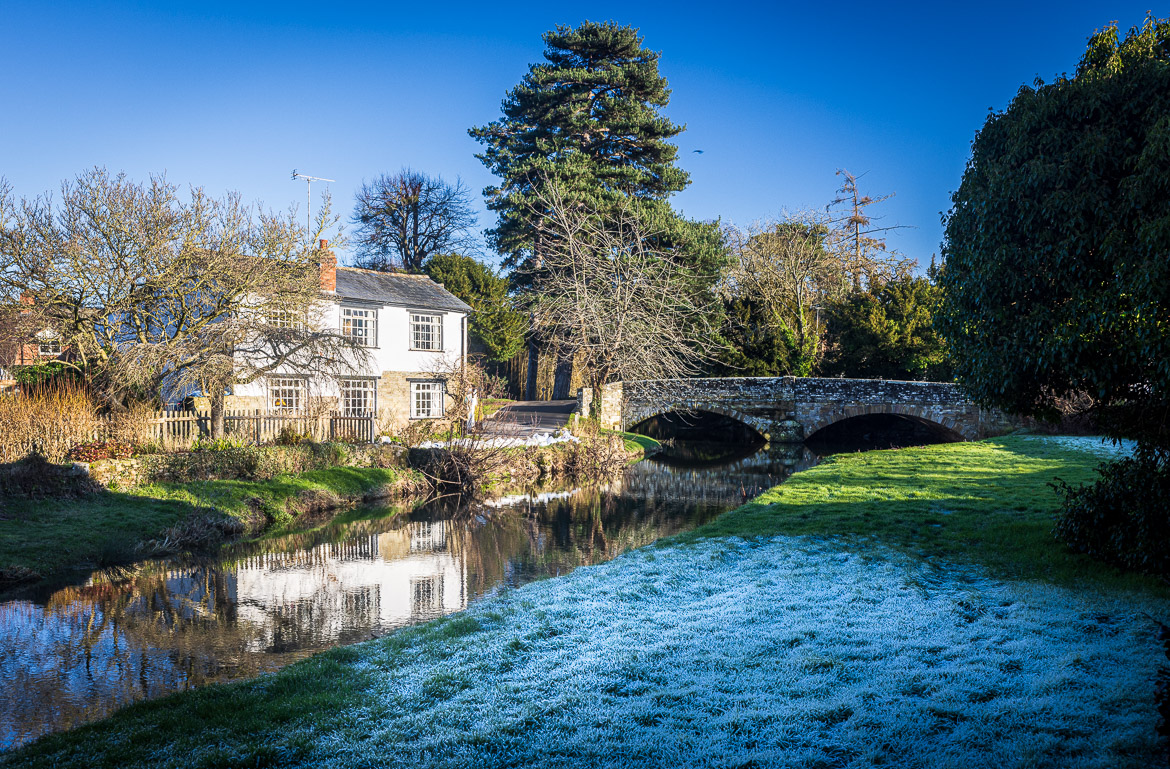
Our family moved to Eardisland in north Herefordshire, not far from the Welsh border last August. I haven’t taken many pictures of the village or other villages nearby, but I ventured out one crisp and sunny winter day in January to capture some images. Eardisland is small, less than 500 inhabitants. It is situated along the river Arrow which provides the most spectacular setting for the old houses and cottages around the Arrow.
This part of England is famous for its half-timbered black and white houses and there is a “black and white village trail” covering around a dozen villages west of Leominster that are full of those historic houses. I have photographed some of those other villages as well and will publish the pictures in a few following posts.
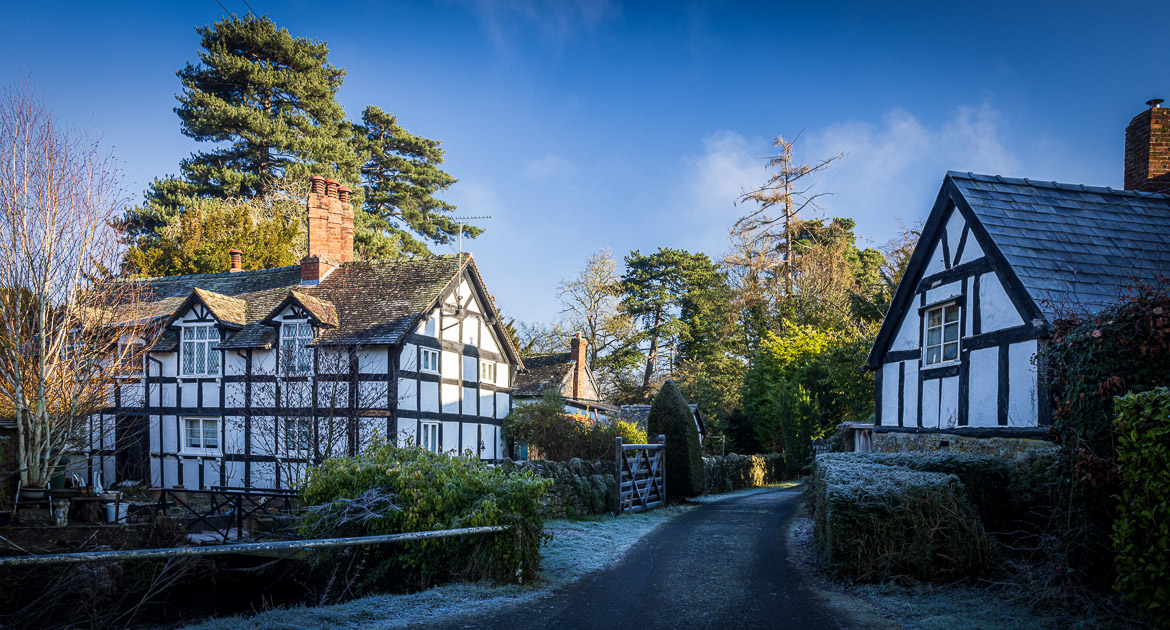
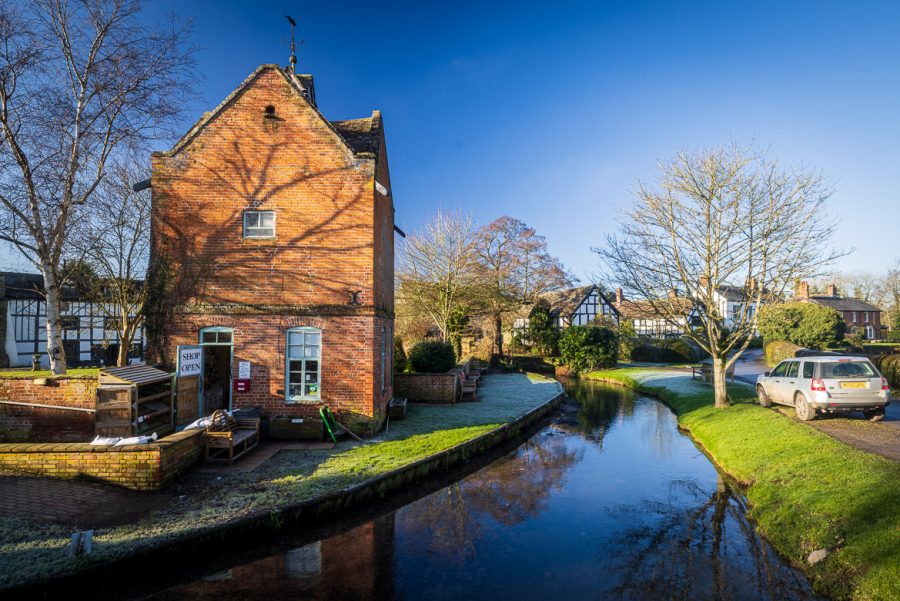
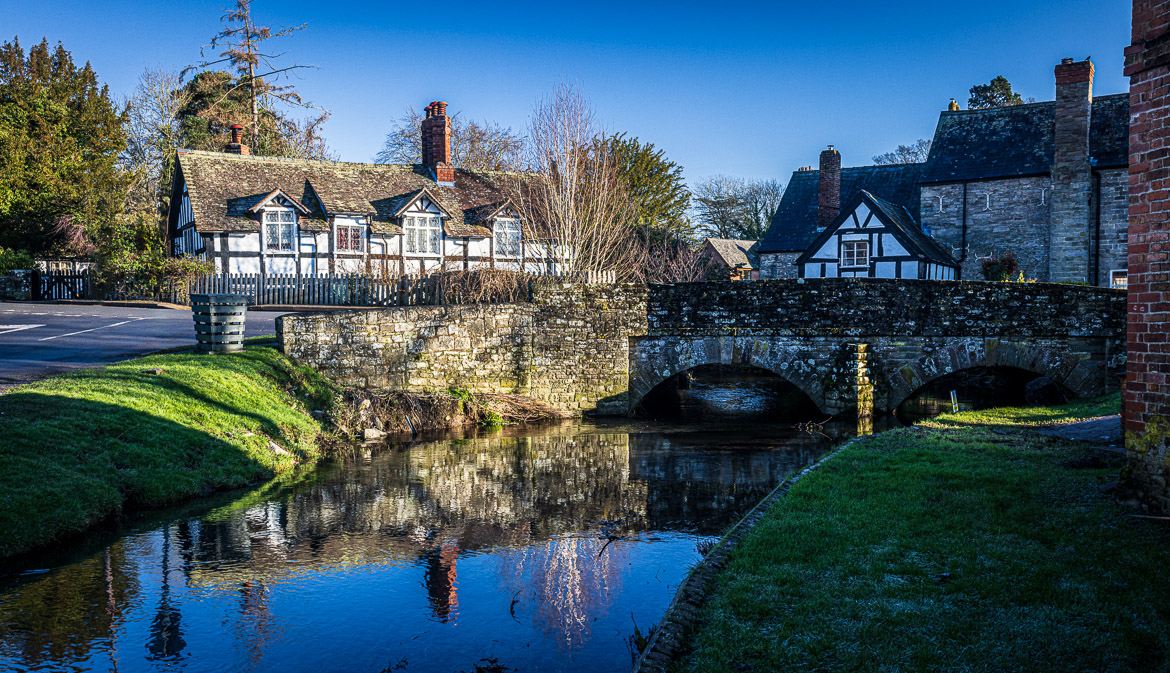
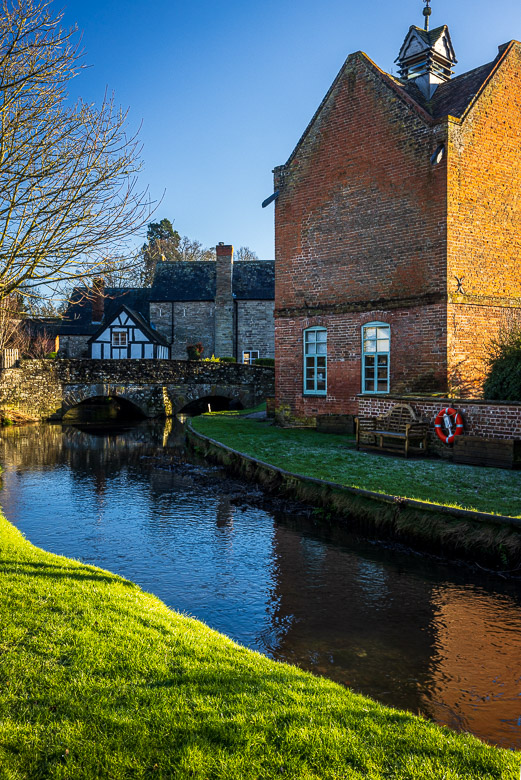
Eardisland is five miles west of our local town, Leominster (for my not so local friends it is pronounced Lemster) and nine miles east of the Welsh border. We have two historic market towns nearby, Ludlow to the north, full of historic buildings and a substantial castle, and Hereford to the south, with our cathedral and administrative centre.
The history of Eardisland goes back to the Bronze Age. The name Eardisland (pronounced without the “i” being heard) probably comes from “Earl’s Lene”. Earl would have referred to the Earl of Northumbria, who held the manor in 1066. Lene refers to the valley of the river Arrow.
The village church dates to very early 13th C. There was a moated castle next to the church originating from Saxon times. Only the moat remains, filled with water from a canal from river Arrow.
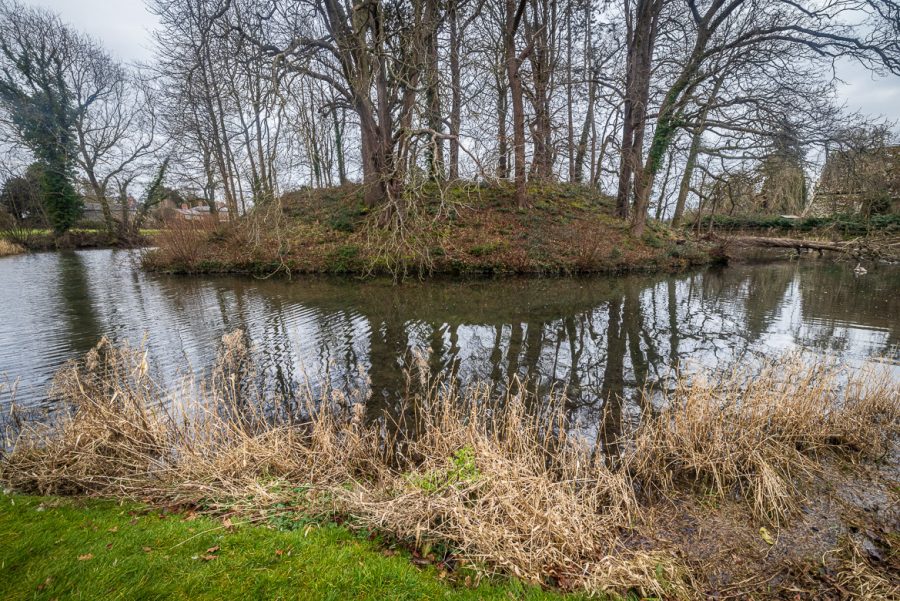
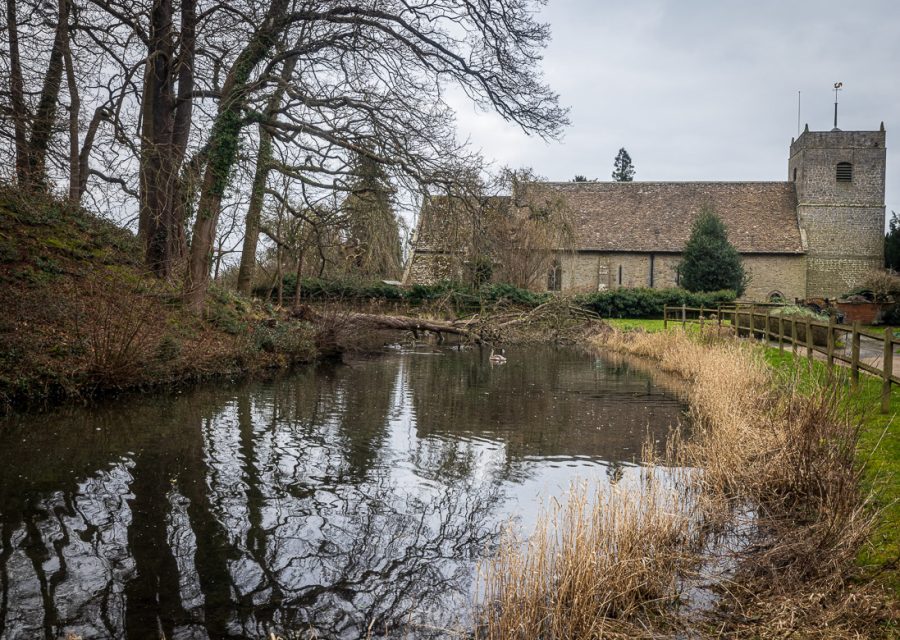
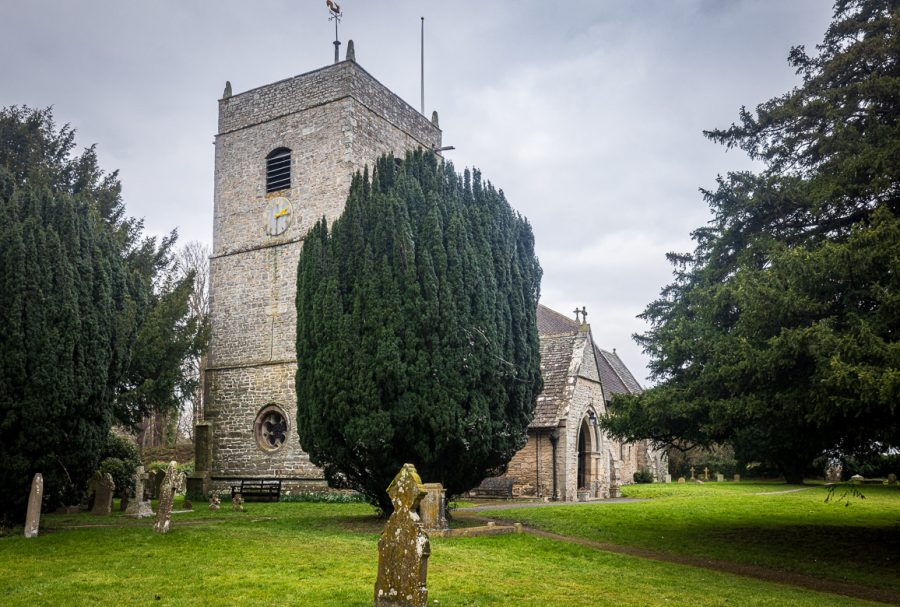
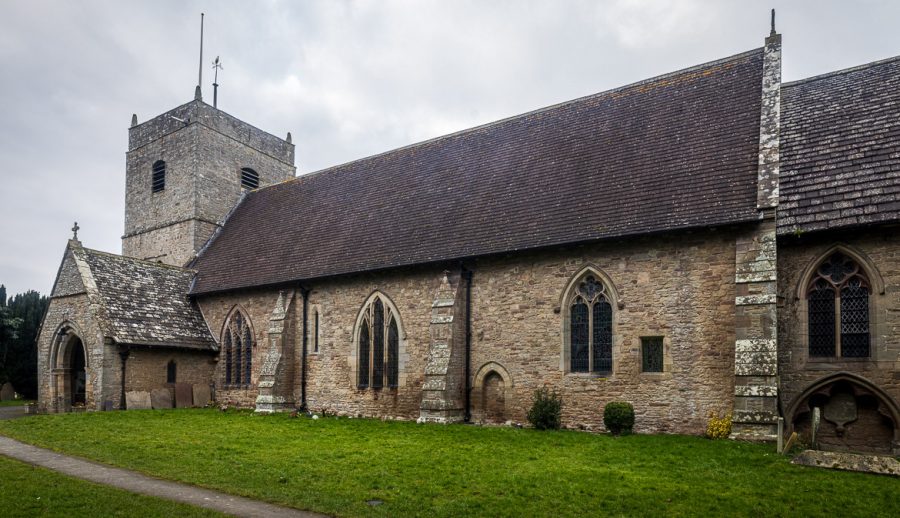
It is maybe not the right time to take photos now, before any spring leaves have arrived and after the autumn colours had disappeared, but we have now lived here long enough to have settled down a little, and my camera was itching to be used (or probably I was itching to take it out, right season or not!). So here are few first images of the village beginning with the area around the river and church.
